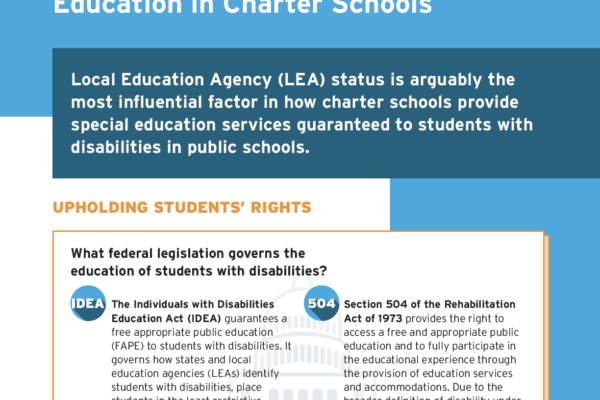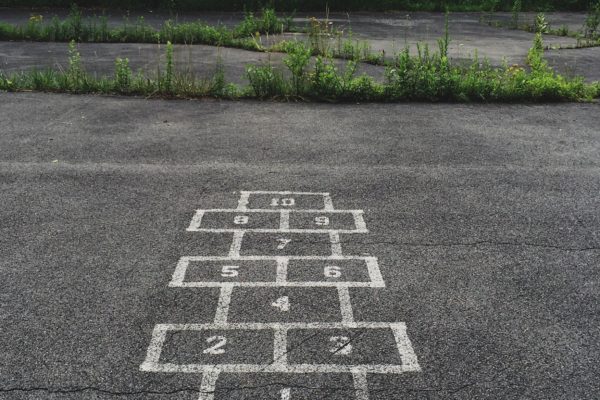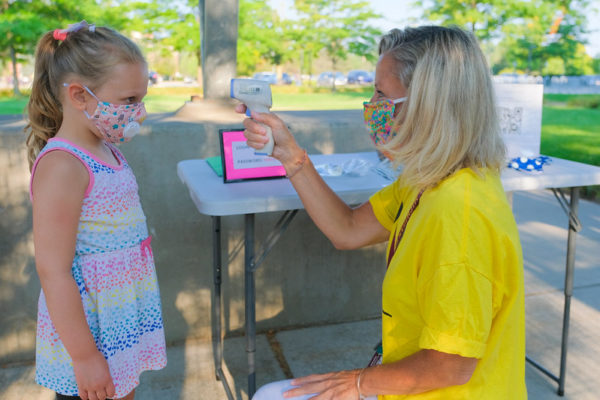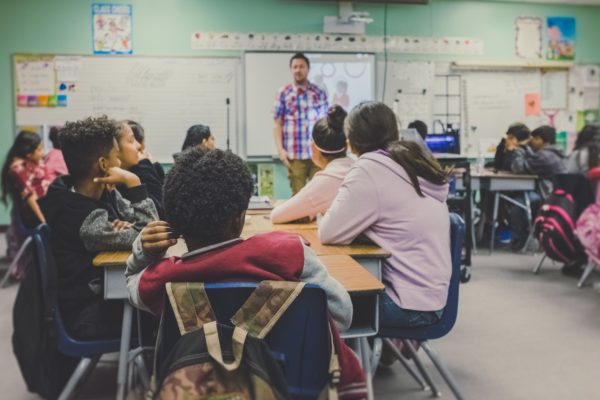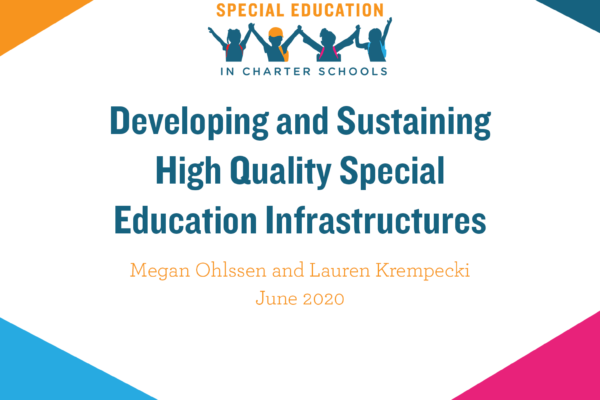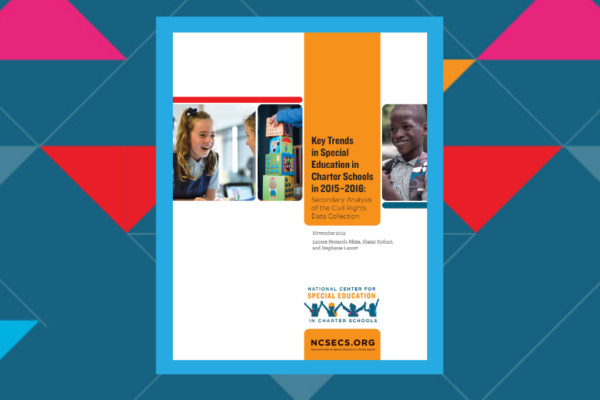A charter school’s legal status as part of a larger local education agency (LEA) independent LEA affects the autonomy, funding, and programming of the school—and is essential to understanding what entity is responsible for educating students with disabilities. Nevertheless, LEA status can be confusing, especially since approaches vary by state and even by school. This infographic outlines the different approaches and their implications for students with disabilities.
Eight months after COVID-19 first shut down schools across the country, the state of education in the United States remains in flux. Students with disabilities, in particular, continue to be disproportionately impacted by school closures and lack of access to services. As cases tick upward once again, school leaders and administrators are likely to face tough decisions in the coming months. Despite the immense difficulty of the situation, we have identified several key strategies that will set school leaders up for success.
Disproportionate discipline of students with disabilities is a long-running crisis—and with the new rules and considerations around COVID-19, the stakes are even higher. Instead of simply reacting as incidents come up, however, schools have the opportunity to develop proactive discipline policies that serve students during the pandemic and also provide positive structures for the future.
In February 2020, the Center completed an analysis of the challenges associated with educating students with disabilities in Connecticut charter schools. We found that these challenges are symptoms of two broader issues—the state’s inequitable public education funding system and problematic ambiguity in the state charter law.
In February 2020, the Center completed an analysis of the challenges associated with educating students with disabilities in Connecticut charter schools. We found that these challenges are symptoms of two broader issues—the state’s inequitable public education funding system and problematic ambiguity in the state charter law.
This brief expands on the NCSECS’ full analysis of 2015-16 CRDC data and focuses on enrollment data of students with disabilities and the underlying factors that influence their access to charter schools
This document outlines the Center’s Equity Coalition and its seven core principles.
Special education infrastructures provide a deliberate and efficient means for charter schools to realize economies of scale, pilot new practices, access philanthropic support, and connect with providers in order to build stronger special education programs. This report includes specific, actionable steps for these infrastructures to take.
As the world determines how to handle the escalating outbreak of COVID-19, education leaders across the country are facing difficult and enormously impactful decisions. We hope this resource guide will assist educators and school practitioners in developing comprehensive plans for students with disabilities and creating effective and high-quality learning environments for all during this evolving national transition.
This report lays out the findings from a 2015-2016 data collection about special education in both charter and traditional public schools and the implications of that data.
